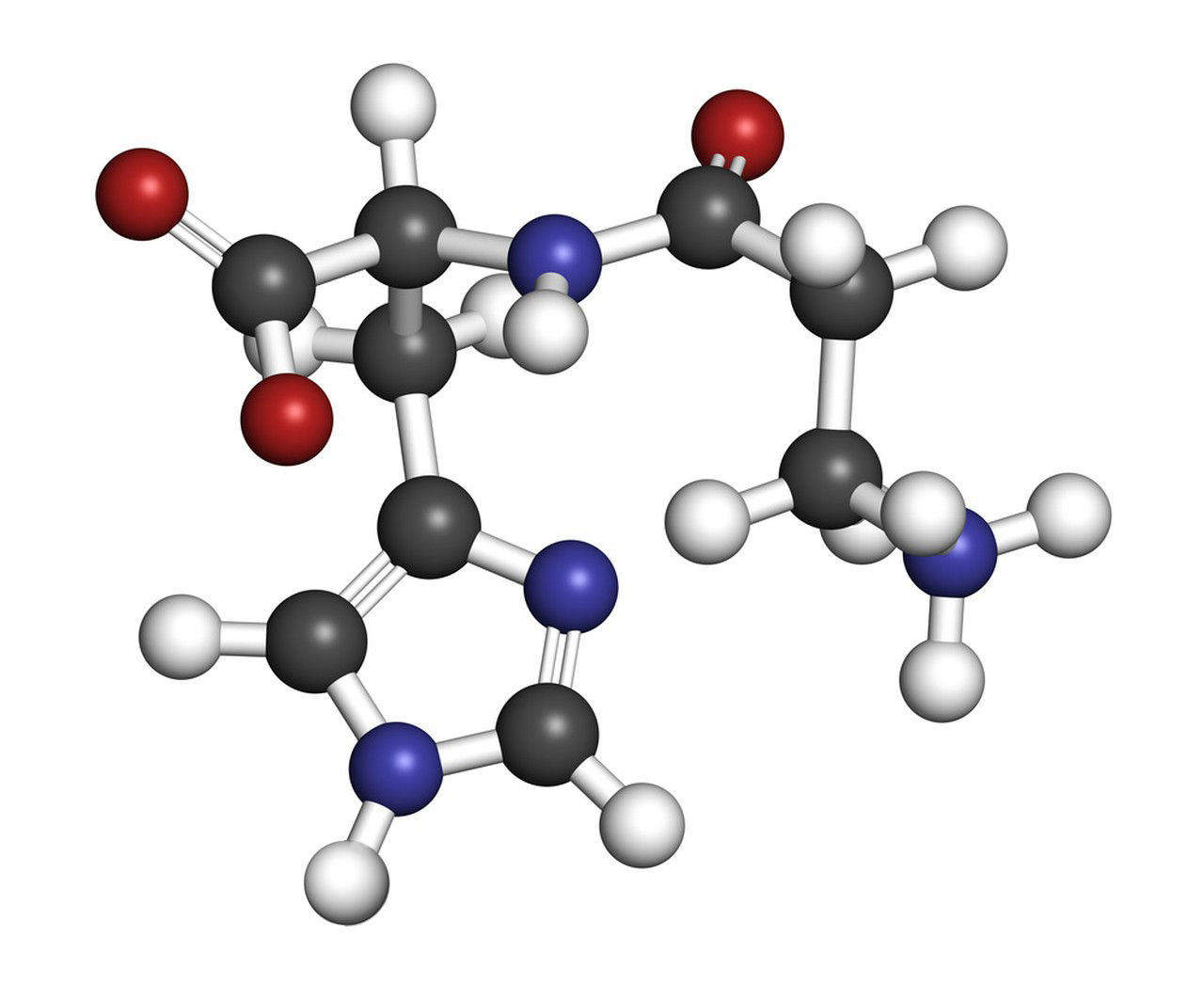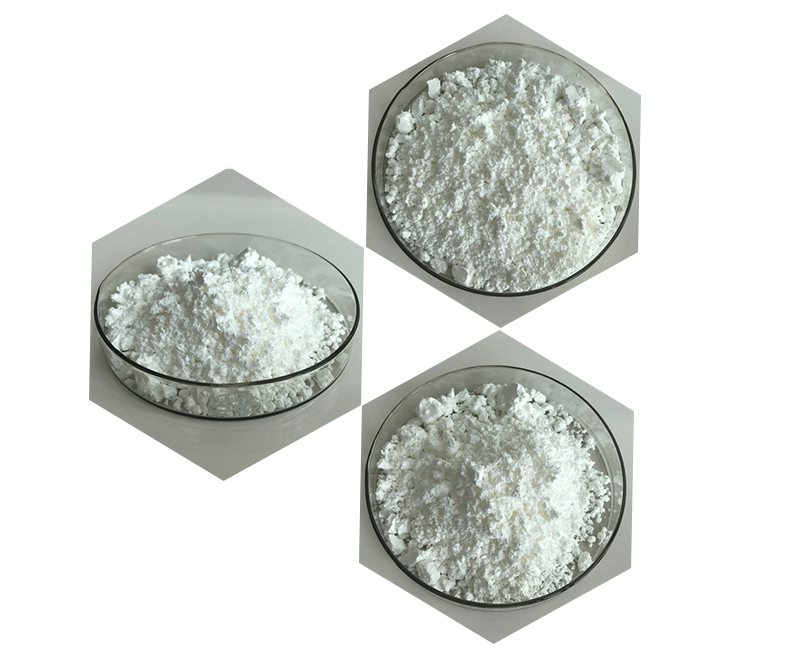L-Carnosine is a dipeptide composed of two amino acids, beta-alanine and histidine, linked together. It is found in high concentrations in skeletal muscles, heart, brain, and other tissues. The body can synthesize L-Carnosine through the action of the enzyme carnosine synthase.
Here’s a simplified overview of the processing of L-Carnosine in the body:
Synthesis: The body can synthesize L-Carnosine by combining beta-alanine and histidine in a reaction catalyzed by the enzyme carnosine synthase. Beta-alanine is obtained from the diet, while histidine can be either obtained from the diet or synthesized in the body.
Dietary Sources: While the body can produce L-Carnosine, it can also be obtained from certain food sources. Foods rich in histidine and beta-alanine, such as meat and poultry, can contribute to the dietary intake of L-Carnosine.
Transport: Once synthesized or ingested, L-Carnosine can be transported to various tissues throughout the body via the bloodstream.
Tissue Distribution: L-Carnosine is particularly concentrated in tissues with high energy demands, such as skeletal muscles, heart, and brain.
Physiological Functions: L-Carnosine is involved in various physiological functions. It is considered an antioxidant and has been studied for its potential benefits in reducing oxidative stress. Additionally, it may play a role in buffering acidic environments in muscle tissue, helping to delay the onset of muscle fatigue during high-intensity exercise.

Metabolism and Breakdown: L-Carnosine can be broken down by the enzyme carnosinase, which is found in plasma and tissues. The breakdown products include beta-alanine and histidine, which can then be used for the synthesis of new L-Carnosine.
It’s worth noting that the exact mechanisms and functions of L-Carnosine are still an active area of research, and its potential health benefits are being explored in various contexts, including exercise performance, cognitive function, and anti-aging properties. As with any supplement or nutritional compound, it’s important to consult with healthcare professionals before considering L-Carnosine supplementation, especially if you have pre-existing medical conditions or are taking other medications.
Adverse effects of L-Carnosine
L-Carnosine is a naturally occurring dipeptide composed of the amino acids beta-alanine and histidine. It is found in high concentrations in skeletal muscles, the heart, and the brain. While L-Carnosine is generally considered safe for most people when taken at recommended doses, like any supplement, it may have some potential adverse effects in certain situations. It’s essential to consult with a healthcare professional before starting any new supplement regimen. Here are some potential adverse effects and considerations related to L-Carnosine:
Allergic reactions: Some individuals may be allergic to L-Carnosine or may experience allergic reactions. Symptoms could include rash, itching, swelling, severe dizziness, or difficulty breathing. If you notice any of these symptoms, seek medical attention immediately.
Gastrointestinal issues: Some people may experience mild gastrointestinal discomfort, such as nausea or diarrhea, when taking L-Carnosine. Adjusting the dosage or taking it with meals may help alleviate these symptoms.
Interaction with certain medications: L-Carnosine might interact with medications, particularly those affecting blood sugar levels. People with diabetes or those taking medications for diabetes should monitor their blood sugar levels closely when using L-Carnosine.

Histamine-related issues: L-Carnosine has been suggested to have some influence on histamine release. Individuals with histamine intolerance or those taking medications that affect histamine levels should exercise caution and consult their healthcare provider.
Pregnancy and breastfeeding: There is limited information on the safety of L-Carnosine supplementation during pregnancy and breastfeeding. Pregnant or breastfeeding individuals should consult with a healthcare professional before using L-Carnosine.
Kidney issues: Individuals with kidney problems should be cautious when taking L-Carnosine. The kidneys play a role in excreting excess amino acids, and L-Carnosine contains beta-alanine, which is metabolized into a compound (carnosine) that the kidneys need to process.
Potential impact on taurine levels: L-Carnosine might influence taurine levels in the body. While taurine is generally considered beneficial, excessive intake may lead to adverse effects.
It’s important to note that individual responses to supplements can vary, and what may cause adverse effects in one person may be well-tolerated by another. Always consult with a healthcare professional before adding new supplements to your routine, especially if you have pre-existing health conditions or are taking medications.
